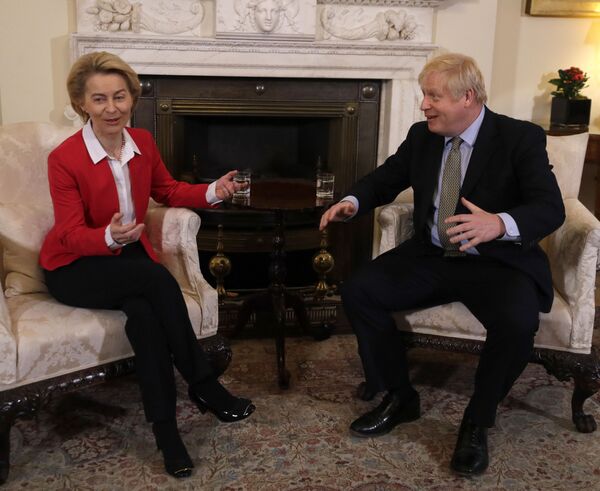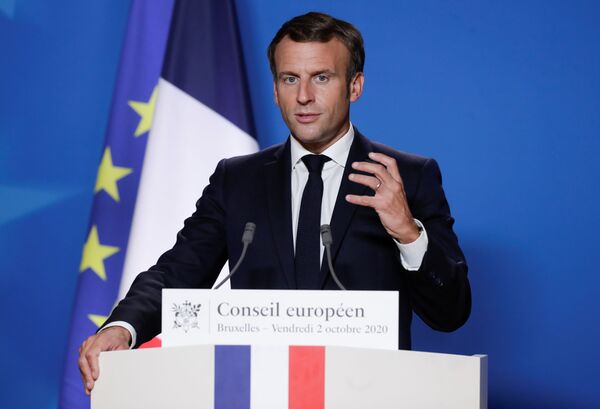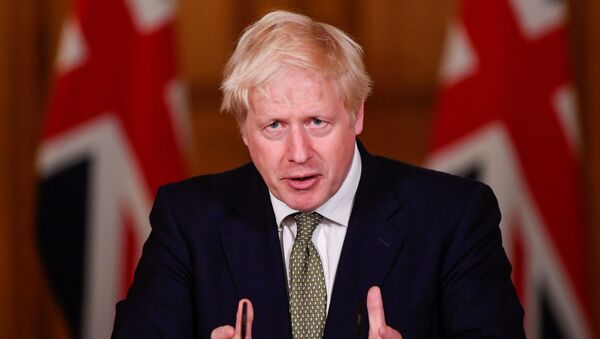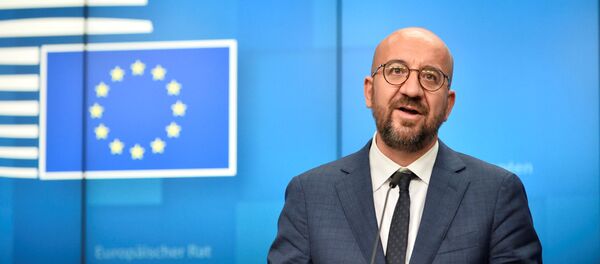Prime Minister Boris Johnson has cautioned the EU that unless it makes fundamental changes to its approach towards post-Brexit trade negotiations with the UK, London might choose a no-deal scenario. The prime minister noted that UK businesses must prepare for this scenario coming to fruition in 2021 and urged them to "do it with great confidence".
"I have concluded that we should get ready for January 1 with arrangements that are more like Australia's based on simple principles of global free trade", the British prime minister said.
Johnson further lambasted Brussels over purportedly abandoning the idea of the free trade deal, adding that all London sought was a trade deal akin to the one the bloc has with Canada.
"It's becoming clear the EU don't want to do the type of Canada deal that we originally asked for. It does seem curious that after 45 years of our membership they can offer Canada terms they won't offer us", Johnson said.
Brussels to Intensify Negotiations
European Commission Chief Ursula von der Leyen has reacted to Johnson's statements, saying that the bloc will send a negotiating team to London next week in order to intensify trade talks. She added that the EU will continue to work on the deal, but is not planning on striking one at any cost.

French President Emmanuel Macron elaborated on von der Leyen's statement regarding continuing talks with London, saying that EU leaders had asked chief Brexit negotiator Michel Barnier to continue the talks for two more weeks. He alleged that the UK needs a Brexit trade deal more than the EU, and suggested that due to this London must make more effort in attaining a deal than it is currently doing.
Macron went on to add that the UK needs the EU single market, noting that the no-deal scenario will only give Johnson one victory – over the issue of fishing in British waters. The French president confirmed the EU’s readiness to continue talks, but said the bloc is not ready to sacrifice its fisherman in order to reach a deal with London.

British Foreign Secretary Dominic Raab previously suggested in an interview with the BBC that the main issue in UK-EU talks right now is a lack of "flexibility" on the European Union's part. According to him, the two main unresolved issues are fishing rights and establishing a set of rules to ensure a "level playing field" for the UK and European bloc’s economies.
The EU, in turn, expressed growing concern that the British economy might gain an upper hand by deviating its environmental, food, and workplace standards from those of the bloc. Brussels also condemned the UK government for introducing and the House of Commons passing the Internal Market bill, which, in the EU's opinion, contradicts the provisions of the previously negotiated Brexit agreement. London, in turn, claims that the bill, which has not been signed into law yet, serves as a safeguard in case the EU acts inappropriately after the trade deal is reached.




